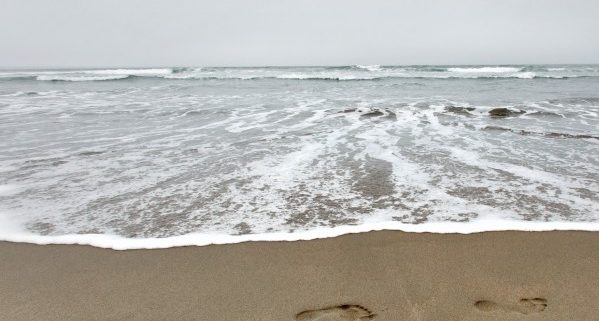California decision-makers have pursued a diverse set of actions on ocean acidification and hypoxia (OAH) that span management and policy jurisdictions since the release of the West Coast OAH Science Panel’s “Major Findings, Recommendations, and Actions” in 2016. The Panel recommended expanding scientific engagement to meet evolving management needs through the creation of an OAH Science Task Force (Task Force) (OAH Panel Action 8.1). In addition, Assembly Bill 2139 (Williams) was passed in September 2016, which designated the establishment of the Task Force to ensure that Ocean Protection Council (OPC) decision-making and further action on the issues of OAH continue to be supported by the best available science.
In 2018, OPC tasked Ocean Science Trust with convening and managing the Task Force, which is composed of Ocean Protection Council Science Advisory Team members and additional experts.





